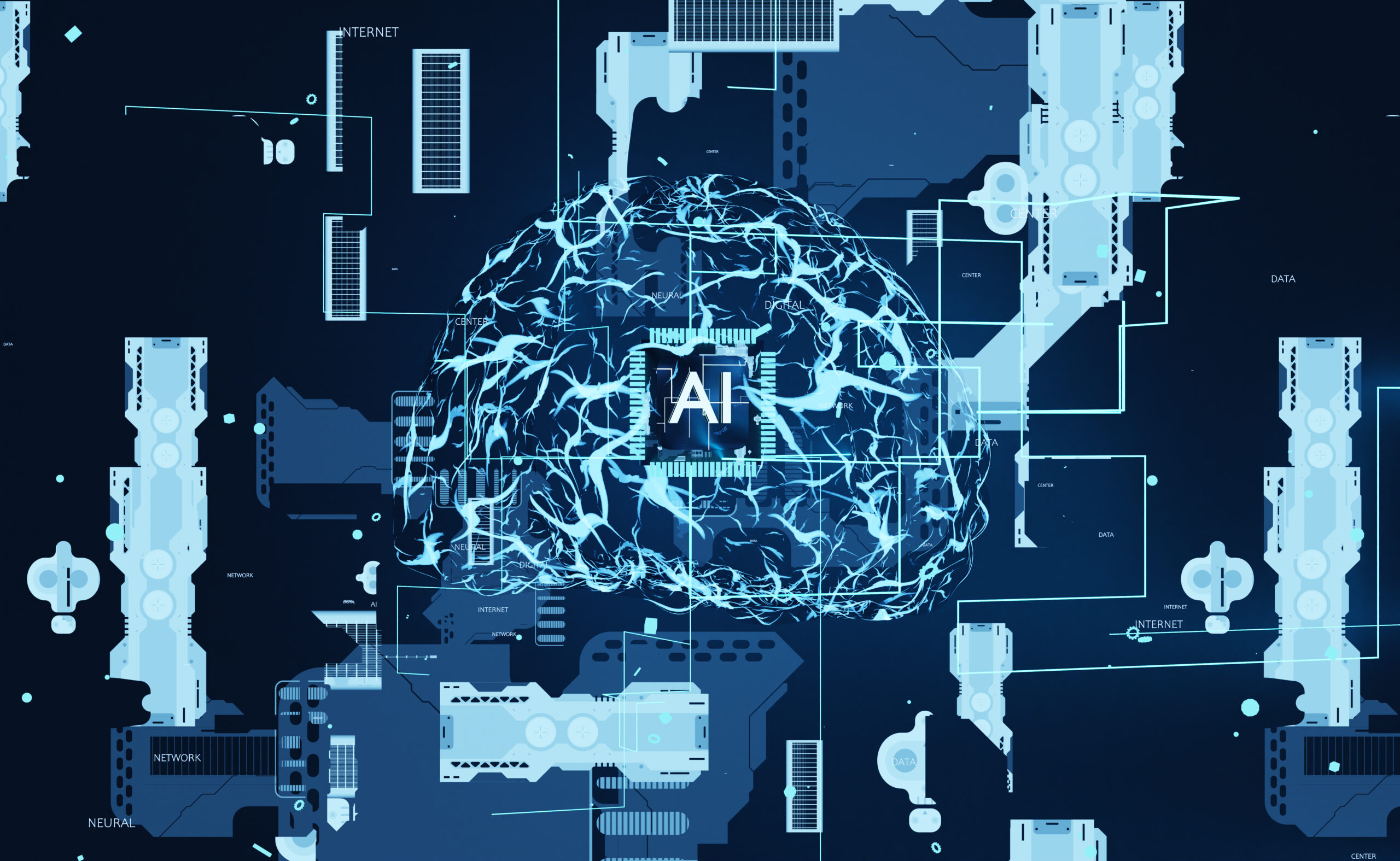In today’s fast-paced business world, leveraging technology is key to staying ahead of the curve. One technology that’s becoming increasingly vital across various industries is Artificial Intelligence (AI). AI can revolutionize your business by automating tasks, personalizing customer experiences, and boosting overall productivity. However, to truly reap these benefits, you need to tailor AI services to fit your specific business needs. In this guide, we’ll break down how to effectively integrate AI into your organization for maximum impact.
AI Implementation: A Must for Modern Businesses
AI – Shaping the Future of Business
Artificial Intelligence, or AI, has moved beyond being just a buzzword; it’s now a driving force in shaping the future of businesses. At its core, AI involves creating intelligent systems capable of learning from data, mimicking human decision-making, and enhancing efficiency. For businesses, AI offers countless opportunities, from automating repetitive tasks to delivering personalized customer experiences and streamlining workflows.
Customizing AI for Your Business
One of the biggest hurdles in AI implementation is customizing it to fit your unique business processes. Off-the-shelf AI solutions often fall short because they aren’t tailored to your specific goals and workflows. To maximize the potential of AI, you need to personalize it to suit your organization’s needs.
Strategies for Successful AI Implementation
AI isn’t just a one-size-fits-all solution; it requires a strategic approach. Here are some key strategies for implementing AI effectively in your business:
- Transforming Business Processes with AI
AI has the power to overhaul your business operations. By utilizing AI-powered algorithms, you can streamline workflows and automate routine tasks, allowing your team to focus on more strategic, high-value activities. - Seamless Integration
AI should seamlessly integrate into your existing systems. This requires careful planning to ensure AI acts as an enabler, not a disruptor, enhancing your current processes. - Identifying High-Impact Areas
AI offers the most value when applied to specific business areas where it can make a significant difference. Whether it’s customer support, data analysis, or product development, pinpoint the areas where AI can deliver the most benefit and customize it accordingly. - Custom AI Solutions
Sometimes, pre-built AI tools aren’t enough. In such cases, consider developing custom AI models tailored to your specific needs. This ensures the AI system aligns perfectly with your business goals.
The Role of AI and Automation
AI Tools for Enhanced Automation
Automation is a core component of AI. By automating various tasks, AI can enhance efficiency and accuracy across your business. Here’s how AI tools can help:
- Workflow Automation
Use AI to automate repetitive, rule-based tasks, minimizing errors and freeing up employees to focus on creative and strategic work. - Enhancing Customer Experience
AI can analyze customer data to create personalized interactions, resulting in a more engaging customer experience and higher satisfaction.
Personalizing Customer Experience with AI
One of AI’s most compelling applications is personalization. Here’s how you can use AI to tailor experiences and drive customer engagement:
- Prompt Engineering
AI can craft personalized prompts and content, boosting customer engagement and conversions by resonating with individual preferences. - AI-Driven Marketing
Leverage AI analytics to understand customer behavior better. By analyzing this data, you can create targeted marketing campaigns that appeal to specific customer segments, maximizing ROI.
AI for Data-Driven Decisions
AI and Advanced Analytics
In today’s data-centric business world, making informed decisions is crucial. AI can play a pivotal role by providing actionable insights and predictions:
- Advanced Analytics
AI, especially machine learning, can process massive datasets to identify trends, opportunities, and potential threats, offering a deeper understanding of your business environment. - Data Organization
For many businesses, data is at the heart of their operations. AI helps organize and interpret this data, improving decision-making and optimizing processes.
Tailoring AI to Your Business: A Real-World Example
Case Study: AI in E-commerce
Let’s consider an e-commerce store aiming to enhance customer experience, streamline its supply chain, and boost sales. Here’s how AI can be tailored to meet these specific needs:
- Customer Experience
- Personalized Recommendations: Implement AI algorithms to suggest products based on browsing and purchase history, increasing the likelihood of sales.
- Chatbots: Use AI-powered chatbots for instant customer support, improving customer satisfaction while reducing the workload on your support team.
- Supply Chain Optimization
- Inventory Management: AI can analyze sales data to predict future demand, optimizing inventory levels and minimizing overstock.
- Route Optimization: Use AI to optimize delivery routes, reducing costs and improving delivery times.
- Sales Growth
- Dynamic Pricing: AI can monitor market trends and competitor prices, allowing you to adjust your pricing strategy in real-time to stay competitive.
- Customer Segmentation: AI can identify high-potential customer segments, enabling targeted marketing campaigns.
Final Thoughts
AI is no longer optional; it’s a vital component of modern business operations. To unlock its full potential, you need to customize AI services to fit your unique needs. By doing so, you can enhance customer experiences, automate routine tasks, and streamline workflows.
As AI technology continues to evolve, staying informed and adapting is crucial. Whether you’re using existing AI solutions or building custom models, the power of AI and automation can open up new opportunities for growth, making your business more competitive in an ever-changing marketplace.
